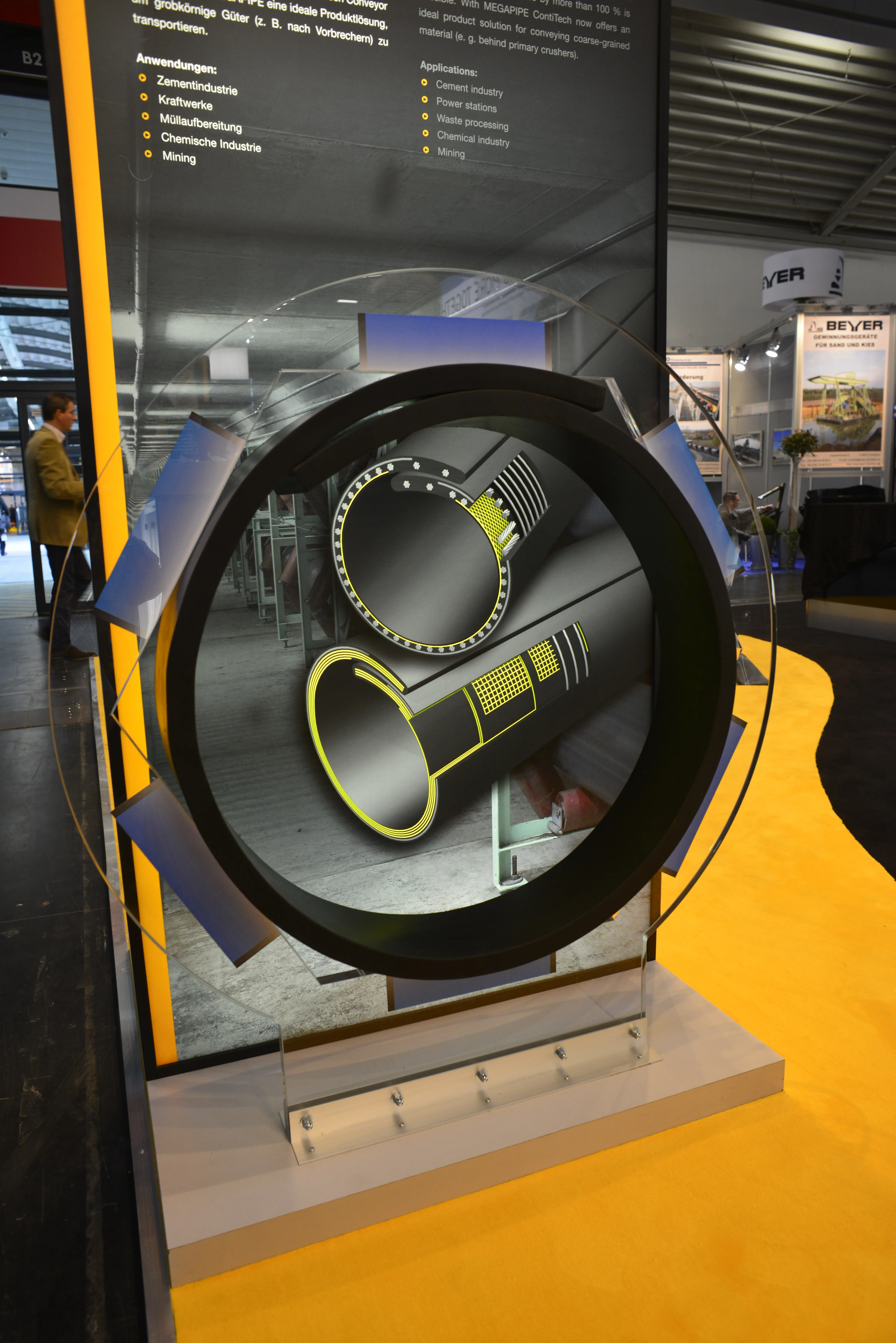The
The announcement follows the
"Today's opening of such an investigation is an invitation for all stakeholders to provide their input, which will allow the Commission to adopt a new, well-informed final decision,” said Margrethe Vestager, EU Competition Commissioner.
This financing model is likely to see European Union support of just under €421 million for the project which has an overall cost of around the €8.7 billion.
The Fehmarn Belt is a strait between the German island of Fehmarn and the Danish island of Lolland. The tunnel will replace a ferry service from Rødby and Puttgarden. Construction of the Fehmarn Belt Fixed Link between Denmark and Germany should start this autumn for completion in 2028, according to the
Danish company
The fixed immersed tunnel 18km link across the Fehmarnbelt will carry a four-lane motorway alongside a twin track-electrified railway. It will be more than five times the length of the tunnel under Øresund linking Denmark and Sweden and more than three times the length of the record-holding Trans-Bay Tube Bart Tunnel in San Francisco in the
Vehicle passage through the tunnel at 110kph is expected to take around 10 minutes. Duration of the train journey between Hamburg in northern Germany and the Danish capital Copenhagen will be cut from about four and a half hours to three, according to engineering consultant
Project information is available on the project’s official website, %$Linker:
EU launches investigation into Fehmarn Belt financing model
The European Commission said it will investigate the public financing for the Fehmarn Belt link to see if it in line with state aid rules.
The announcement follows the European Union General Court's annulment of a previous Commission decision approving the support.
"Today's opening of such an investigation is an invitation for all stakeholders to provide their input, which will allow the Commission to adopt a new, well-informed final decision,” said Margrethe Vestager, EU Competition Commissioner.
June 21, 2019
Read time: 2 mins







